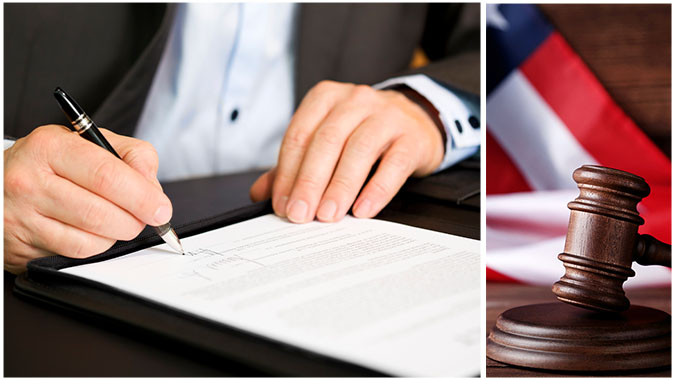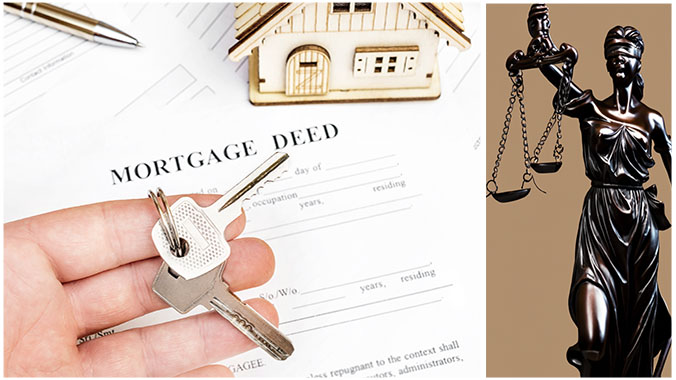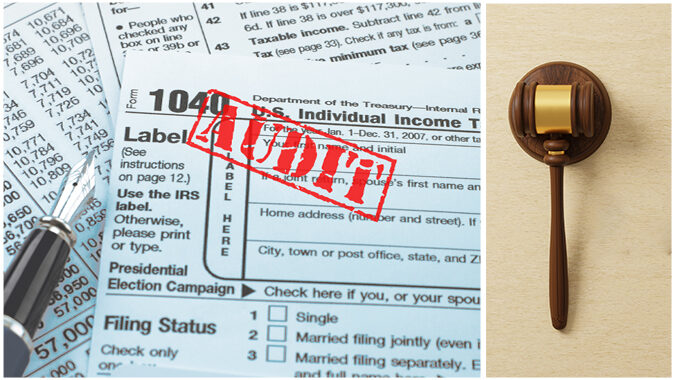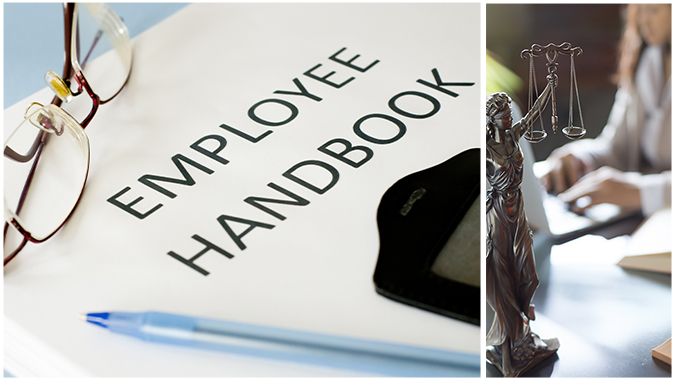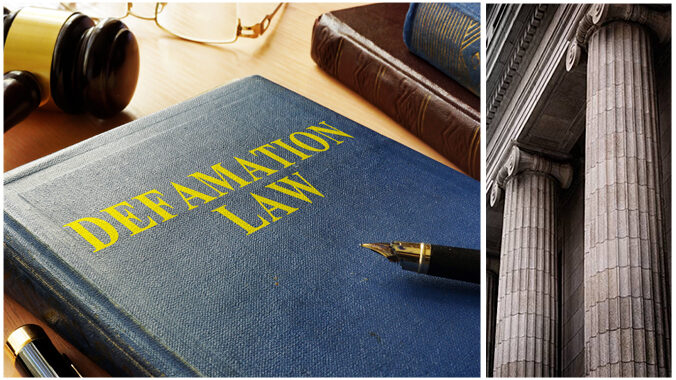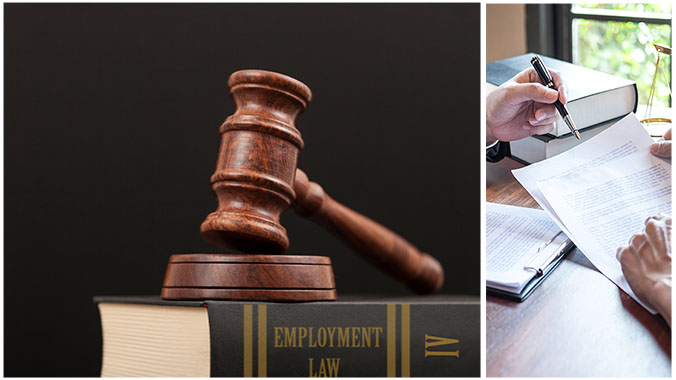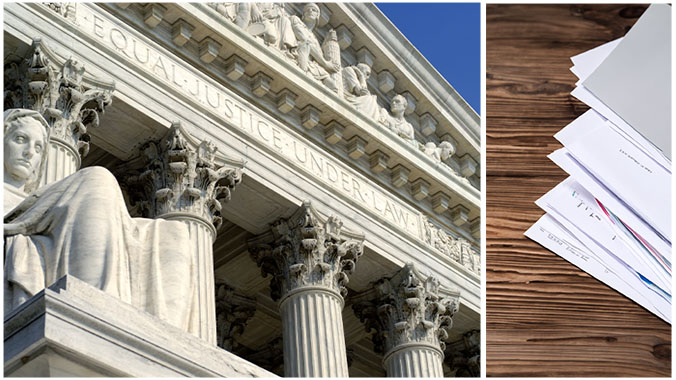Dating and Divorce: Navigating romance amidst divorce proceedings (Including 1 hour of Ethics)



On-Demand: May 29, 2024
Subscribe to Federal Bar Association CLE Pass...
Co-Sponsored by myLawCLE
Get this course, plus over 1,000+ of live webinars.
Learn More
MCLE Credit Information:
Select Your State Below to View CLE Credit Information
Tuition: $245.00
Training 5 or more people?
Sign-up for a law firm subscription plan and each attorney in the firm receives free access to all CLE Programs
Program Summary
Session I - Girlfriends, Boyfriends, Dating and Divorce: Oh My! – Alan Feigenbaum and Matthew Cooper
This CLE delves into the intersection of romance and divorce, particularly focusing on the controversial topic of dating during divorce proceedings, as highlighted by the recent legal case Allen v. Allen. It explores the complexities and implications of dating while going through a divorce, especially within the legal framework of New York state. The author reflects on the various perspectives and advice circulating online regarding dating during divorce and examines the recent appellate court decision's stance on the matter. Through analyzing the court's ruling and its potential implications, the article prompts reflection on the broader issues surrounding fault-based divorce laws in New York and advocates for a reconsideration of their relevance in modern divorce proceedings.
Key topics to be discussed:
- The impact of romantic partners on issues of custody
- Finances
- Discussion of the Allen case
Session II - Don’t Do That! How To Identify and Avert Ethical Dilemmas Facing Today’s Family Law Practitioner - Donelle H. Ratheal
Today’s successful family law practitioners have developed skillsets and abilities unique to the practice. They also bear specific responsibilities to protect the client, the client’s minor child and sometimes even the opposing party spouse. The explosion of data accessibility and its storage have transformed every aspect of the family law practice, including the practitioner’s ethical responsibilities, which must be successfully navigated in every case. Practitioners must expand their skillsets to include tools and protocols necessary to anticipate and avert ethical dilemmas, including dilemmas involving data and technology. The use of proactive tools and protocols will help the practitioner maintain compliance with the professional rules of conduct and uphold the integrity of the family law bar.
Key topics to be discussed:
- How to draft a fee agreement that minimizes the risk of legal retaliation by an unhappy client and other problems that may arise during the case
- How to craft and implement office protocols that anticipate conflicts of interest and other ethical pitfalls
- How to effectively manage client expectations and emotions throughout the case, so your client is happy, and you can be left alone to do your job
- What steps you can or must take when your client or the opposing counsel in the case is battling an addiction that impacts the case
- Educating yourself and the client about what is “illegally obtained evidence” to avoid bar discipline for you and sanctions for your client
- What you need to know to preserve the integrity of the electronically stored information (ESI) that comprises your client’s evidence, so you can successfully overcome evidentiary objections and exclusions
- How to transform the practitioner’s focus from “threshold” compliance with professional conduct rules to the highest standards of professional integrity
This course is co-sponsored with myLawCLE.
![]() Closed-captioning available
Closed-captioning available
Speakers
 Alan Feigenbaum | Blank Rome LLP
Alan Feigenbaum | Blank Rome LLP
Alan is an experienced matrimonial and family law attorney whose prime focus is the maximization of his clients’ long-term, post-divorce, emotional capital. He assists a diverse range of professionals and their spouses, including business owners, lawyers, investors, and entertainers, on their family law matters, with a notable focus on evaluating the optimal strategies to manage and resolve complex financial and custody disputes.
He is well-versed in managing agreements (separation, prenuptial, and postnuptial) to create a framework for his clients’ futures, and approaches dispute resolution with an eye toward facilitating cooperation and reducing conflict, making every effort to settle cases out of court. Understanding that divorce can affect the trajectory of a person’s life, Alan focuses on his clients’ long-term financial and familial best interests. His multifaceted approach has included: Working with financial experts to identify and define the scope of assets acquired by a spouse before the marriage, thereby eliminating litigation over whether those assets are part of the marital pot; Resolving the disposition of a spouse’s interest in a business without resorting to a pro forma approach that assumes complex valuation of that interest is always required; Reaching agreement on the payment of expenses while a divorce action is pending, without the need for costly, interim support motion practice; Negotiating interim parenting schedules by empowering parents and not substituting attorney judgment for that of the parents; Settling contentious custody disputes without involving court-appointed professionals, sparing the family from the potentially lasting effects of domestic relations litigation; and Prioritizing the value clients place on financial independence both during and after the divorce action concludes, including in the case of the nonmonied spouse evaluating the financially feasibility of retaining the marital home.
Alan also has significant courtroom experience, including first-chair trial experience in domestic relations matters and, at an early stage in his career, examining witnesses before the U.S. International Trade Commission. He also speaks and writes frequently on matters of family law. Alan is a regular contributing columnist for the New York Law Journal on matters of divorce law. For his pro bono work at the firm, Alan is a volunteer discharge upgrade attorney for The Veterans Consortium.
 Matthew F. Cooper
Matthew F. Cooper
Matthew F. Cooper retired as a Justice of the New York State Supreme Court in December of 2021, having served for 21 years in the state judiciary. Cooper is a graduate of Hobart College, where he received his B.A., cum laude, in 1974. Following two years as a VISTA volunteer with Bronx Legal Services, he attended Antioch School of Law in Washington, D.C., where he earned his J.D. in 1979. He went on to practice law in New York City for over 20 years, with his legal career focused on representing working people in union pre paid legal services programs. In 2000, Cooper was elected to the New York City Civil Court. He was initially assigned to Criminal Court for three years before returning to hear civil matters. In 2008, he was appointed an Acting Supreme Court Justice. Two years later he was elected to the New York State Supreme Court. From 2009 until his retirement, Cooper presided over court parts that dealt exclusively with divorce and custody cases.
Cooper has been a member of the New York County Lawyers Association, the New York City Bar Association Matrimonial Committee, the New York State Bar Association Family and Matrimonial Law Section, and the New York Women’s Bar Association. He frequently lectures at CLEs and conferences, often focusing on children, child development and mental health issues, as well as financial issues such as support, maintenance, and equitable distribution.
In addition to teaching lawyers and judges, Cooper has been an associate professor at New York Law School, having taught Anatomy of a Divorce with Justice Laura Drager, and an adjunct professor at CUNY’s College for Worker Education, having taught introduction to the legal process. He also lectured regularly on divorce law and trial advocacy to classes at the University of Pennsylvania, Columbia University and New York University schools of law. During his time on the bench, Cooper served as Chair of the Board of Justices of the Supreme Court, First Judicial District, and on the executive boards of the New York State and the New York City Associations of Supreme Court Justices.
Since his retirement from the bench, Cooper has had an active practice mediating divorce and family law cases involving both financial and child custody issues.
 Donelle H. Ratheal | Ratheal Family Law
Donelle H. Ratheal | Ratheal Family Law
Donelle is a nationally recognized and respected family law trial and appellate attorney with an outstanding record of client representation for over thirty (30) years. Her focus is on the exemplary practice of complex matrimonial and family law representation at all stages. She has a demonstrated history of successful outcomes at trial, in settlement and on appeal. She has extensive appellate representation, resulting in several published opinions. She is the author of published and award-winning articles on substantive and law practice issues. She is a continuing education speaker and author for Oklahoma (OBA NBI) and national (ABA/NBI/myLawCLE) seminars and conferences.
Donelle experience include but is not limited to Trial and Appellate Practice, Complex Matrimonial and Family Law Cases, National and International Representation: Divorce and Paternity, original and post-decree enforcement/modification; enforcement of Hague Convention treaties; national/international relocation of children; grandparent and third-party rights; stepparent and AWOC adoptions; forensic identification of hidden marital assets; above the guideline child support and transitional support alimony; family business dissolution; Thielenhaus and related property issues; use of forensic and custody experts; appellate writs and appeals
Agenda
Session I – Girlfriends, Boyfriends, Dating and Divorce: Oh My! | 1:00pm – 2:40pm
- The impact of romantic partners on issues of custody | 1:00pm – 1:30pm
- Introducing romantic partners to children of divorce
- Involvement of mental health professionals prior to making introductions of romantic partners
- When is it appropriate, or not, to make introductions
- Guidance on how parents speak to children of divorce about these issues
- Best interests of the children – is there science behind the impact of these introductions to children of divorce
- Finances | 1:30pm – 2:00pm
- Marital waste – impact, if any, on divorce proceedings when a spouse spends marital money on a romantic partner
- Impact on support, and one’s ability to pay support, if he/she is supporting a third party
Break | 2:00pm – 2:10pm
- Discussion of the Allen case | 2:10pm – 2:40pm
- When is it appropriate to have a romantic partner over to the marital home. Only if two or more marital homes?
- Only if no children is it appropriate?
- Discomfort – a basis to exclude a romantic partner from a marital home?
- The divorce court’s power of equity – what is just under these circumstances?
- How to advise clients on these issues
Session II – Don’t Do That! How To Identify and Avert Ethical Dilemmas Facing Today’s Family Law Practitioner | 2:40pm – 3:50pm
- How to draft a fee agreement that minimizes the risk of legal retaliation by an unhappy client and other problems that may arise during the case | 2:40pm – 2:50pm
- How to craft and implement office protocols that anticipate conflicts of interest and other ethical pitfalls | 2:50pm – 3:00pm
- How to effectively manage client expectations and emotions throughout the case, so your client is happy, and you can be left alone to do your job | 3:00pm – 3:10pm
Break | 3:10pm – 3:20pm
- What steps you can or must take when your client or the opposing counsel in the case is battling an addiction that impacts the case| 3:20pm – 3:25pm
- Educating yourself and the client about what is “illegally obtained evidence” to avoid bar discipline for you and sanctions for your client | 3:25pm – 3:30pm
- What you need to know to preserve the integrity of the electronically stored information (ESI) that comprises your client’s evidence, so you can successfully overcome evidentiary objections and exclusions | 3:30pm – 3:40pm
- How to transform the practitioner’s focus from “threshold” compliance with professional conduct rules to the highest standards of professional integrity | 3:40pm – 3:50pm
More CLE Webinars
Trending CLE Webinars





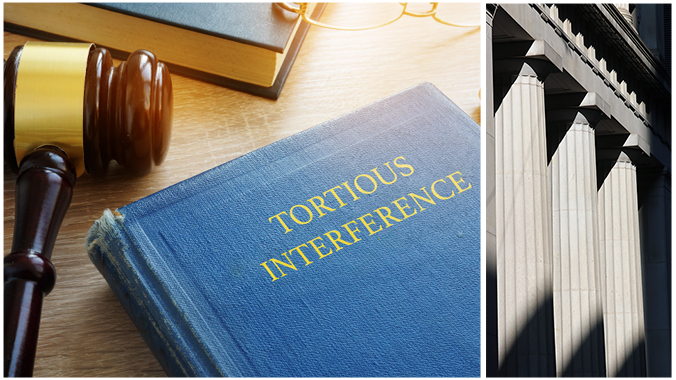
![The Litigator’s Guide to Evidentiary Objections: When to hold them and how to avoid mistakes (Including 1hr of Ethics) [2024 Edition]](https://federalbarcle.org/wp-content/uploads/2024/03/The-Litigators-Guide-to-Evidentiary-Objections-When-to-hold-them-and-how-to-avoid-mistakes-Including-1hr-of-Ethics-2024-Edition_myLawCLE.jpg)



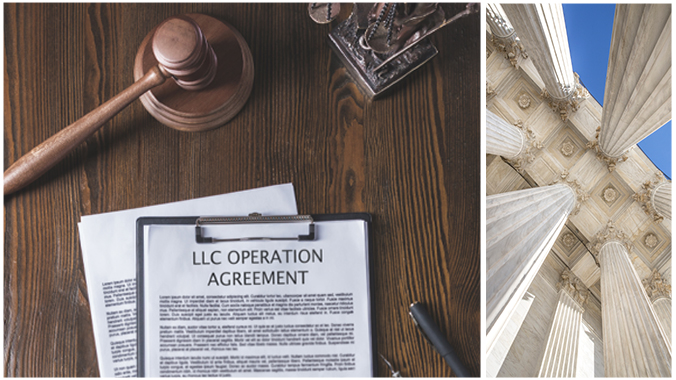




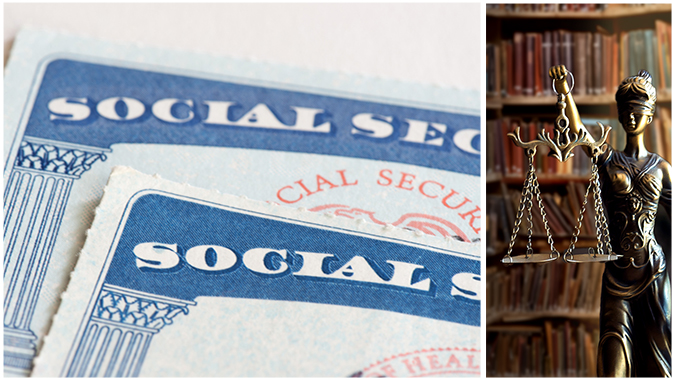







Upcoming CLE Webinars









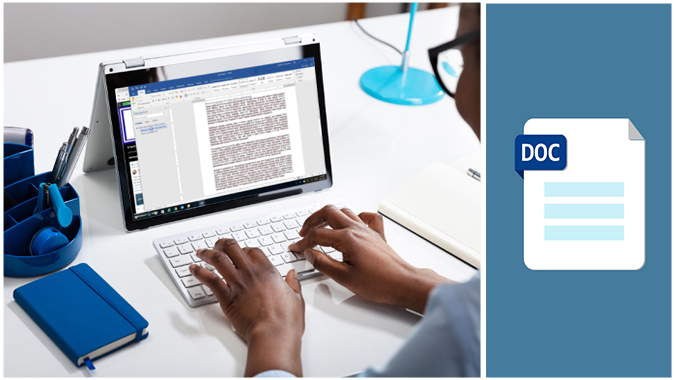



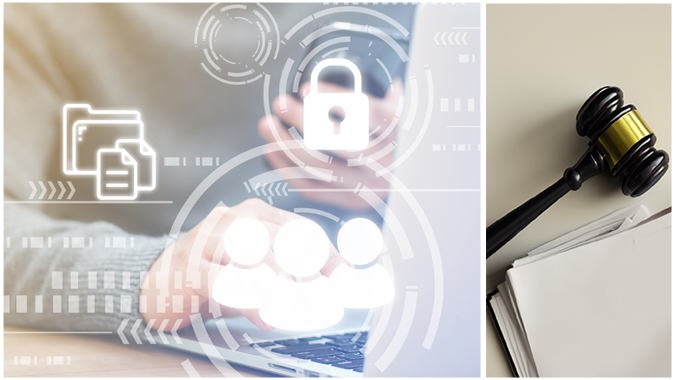

![The Litigator’s Guide to Evidentiary Objections: When to hold them and how to avoid mistakes (Including 1hr of Ethics) [2024 Edition]](https://federalbarcle.org/wp-content/uploads/2024/03/The-Litigators-Guide-to-Evidentiary-Objections-When-to-hold-them-and-how-to-avoid-mistakes-Including-1hr-of-Ethics-2024-Edition_myLawCLE.jpg)


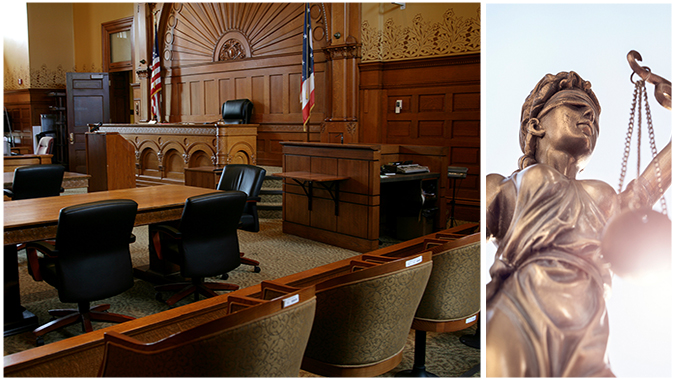

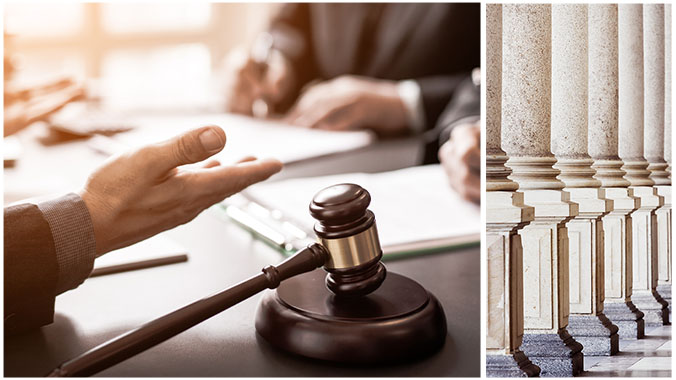

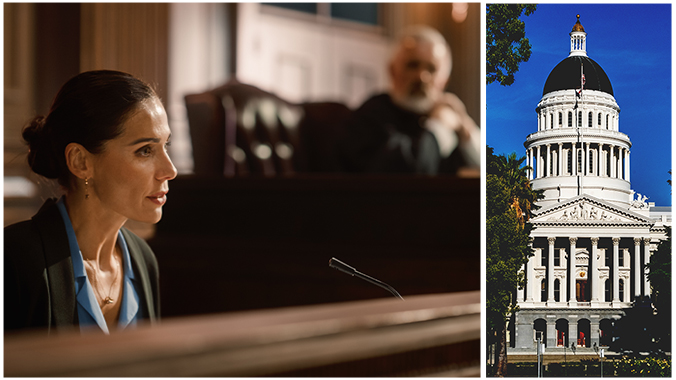











![Evidence 101 [Part 1]: Relevancy & company](https://federalbarcle.org/wp-content/uploads/2024/07/Evidence-101_myLawCLE.jpg)








